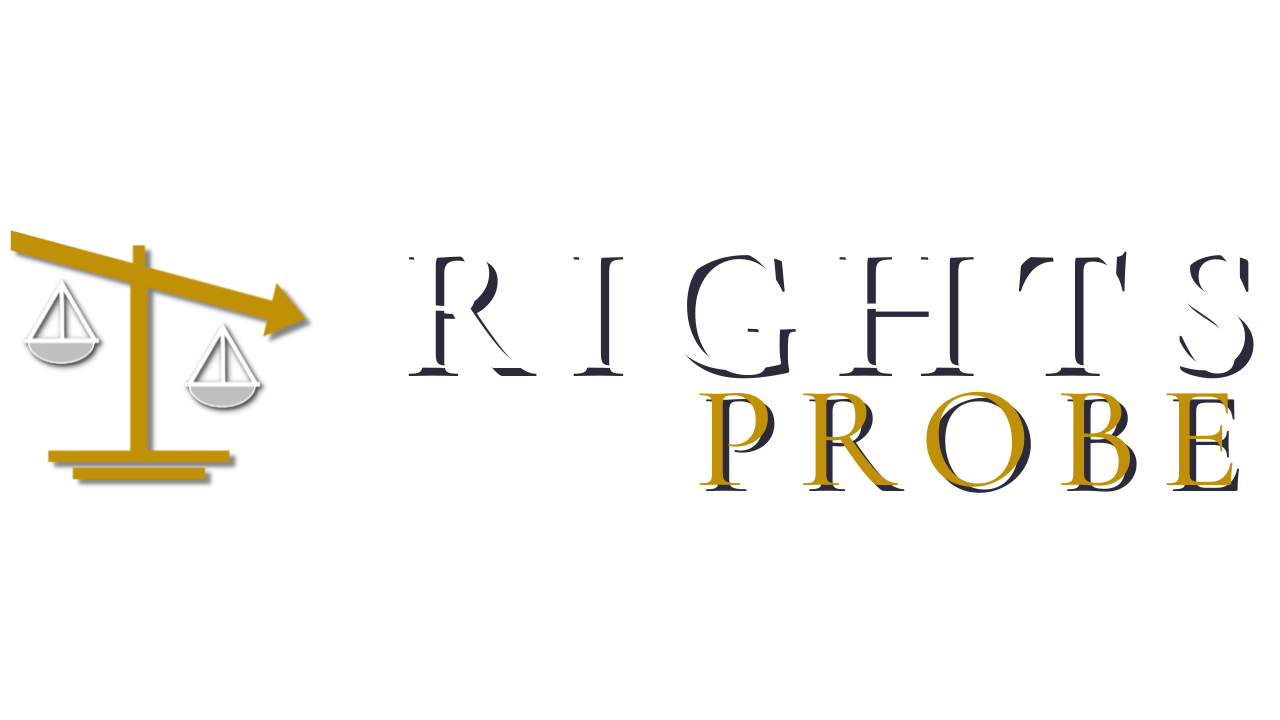The establishment thinks it owns the law society
By Bruce Pardy | Special to Toronto Sun
The lawyers are restless.
Fifteen minutes in a Toronto courtroom cannot be booked until next May, complained one on Twitter. To be clear, that’s May 2024. If you need time for a longer motion, not until August, 16 months from now. Just try to schedule an actual civil trial.
And you thought nothing could be slower than Canadian healthcare.
Canadian society is being choked by its legal system. Court delays are just the start. Canada has too many laws. Those laws are too complicated. Too many officials have too much discretion to make policies on the fly. Courts, tribunals and agencies make inconsistent decisions. Registrars refuse to file documents for seemingly random reasons. The system is uncertain and unpredictable.
The law is becoming a nightmare to navigate for lawyers and clients alike.
Yet these troubles are for the lucky few. The very rich can pay their lawyer to deal with an ossified system. The very poor may qualify for legal aid in some circumstances. For the rest, “access to justice” can be as elusive as timely medical care.
“Dying societies accumulate laws,” Colombian philosopher Nicolás Gómez Dávila observed, “like dying men accumulate remedies.”
Or as one Twitter lawyer sarcastically put it, Canada is not broken at all.
Ontario lawyers are restless for another reason too. Two groups are fighting for control of the Law Society’s governing board in a nasty election that concludes this week. The stakes could not be higher for lawyers or the public.
The Law Society has long been a bastion for the legal elite. They rubber-stamp policy, spend the profession’s money on various and sundry projects, and aspire to be appointed to the bench.
In recent years, like other public regulators and institutions, the Law Society has embraced identitarian politics. In 2018, for example, it required that lawyers acknowledge in their own “Statement of Principles” their obligation to promote the values of equity, diversity and inclusion (EDI) in their professional and personal lives.
The regulator itself was attacking lawyers’ independence by demanding concurrence with a set of political values.
In the previous election in 2019, a small group of reformers objected to the ideological litmus test and won enough seats on the board to repeal the requirement. It had not enough votes, however, to displace the rest of an extensive EDI agenda. It was also prevented from reining in the Law Society’s budget, now approaching that of the City of Oshawa, with a staff of about 550 full-time employees who earn an average salary of $130,000 a year.
This week that contest will be resolved one way or the other. The reformers, dubbed “FullStop” (who I have been assisting), are running again to curb the Law Society’s mission creep, budgetary excesses, and embrace of woke politics. Their establishment opponents, running as a “Good Governance Coalition,” aim to prevent that reform from taking place.
The Law Society has a duty to act in the public interest and to facilitate access to justice. But to the Coalition, “public interest” and “access to justice” do not mean a faster, cheaper, more predictable justice system. Instead, it means more “equity, diversity and inclusion.”
As one of their supporters wrote, the Law Society’s duty to facilitate access to justice for the people of Ontario is “a premise imbued with EDI principles.” They aim to fix the justice system by making lawyers pay homage to race and gender politics.
The Coalition has no platform to speak of. Instead, its main campaign pitch is that the FullStop reformers are “unfit to govern.” They are “right-wing rage-baiters,” wrote another of their supporters.
Eight former Treasurers (heads) of the Law Society, abandoning an unwritten convention that ex-Treasurers do not intervene in elections, urged the profession to defeat the offensive undesirables. The Coalition has pledged to impose reforms to outlaw the likes of the FullStop campaign in future elections.
Lawyers are supposed to be the last line of defence for the weak and powerless. It is fascinating to watch the determination of the legal elite to maintain their own power, and to condemn anyone who criticizes it. But at the Law Society, as in the law, the status quo will no longer do.
— Bruce Pardy is executive director of Rights Probe, professor of law at Queen’s University, a member of the Law Society of Ontario and part of the FullStop team
Read the original version of this article at the publisher’s website here
